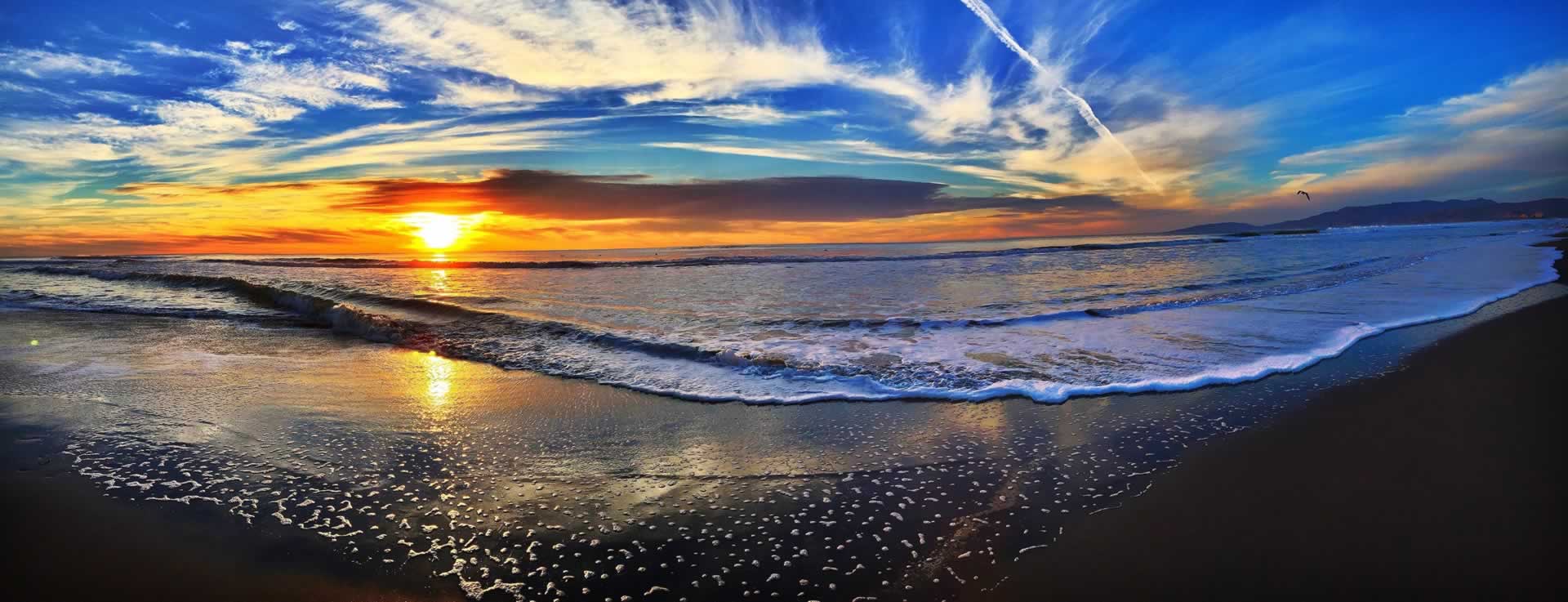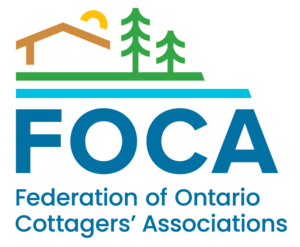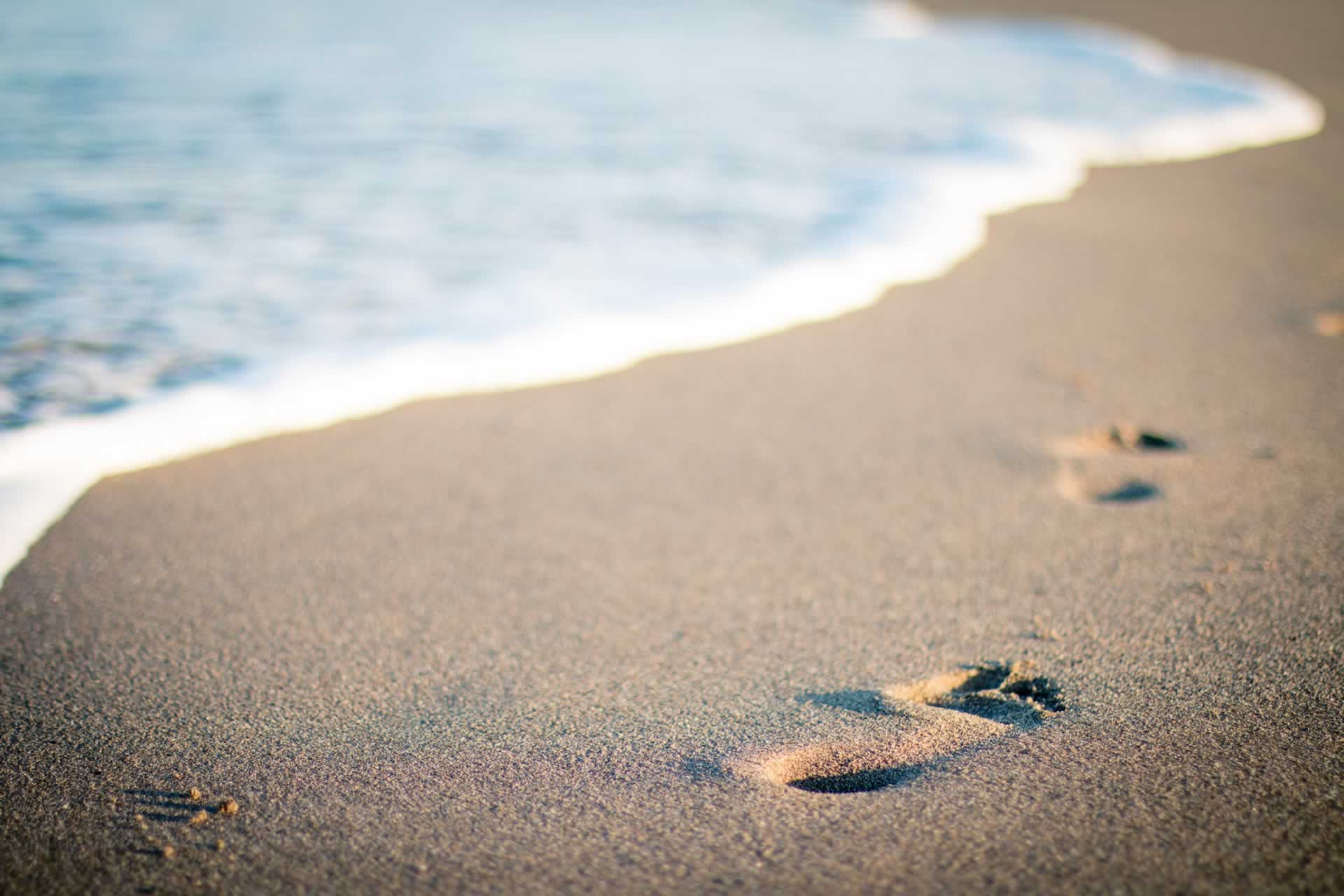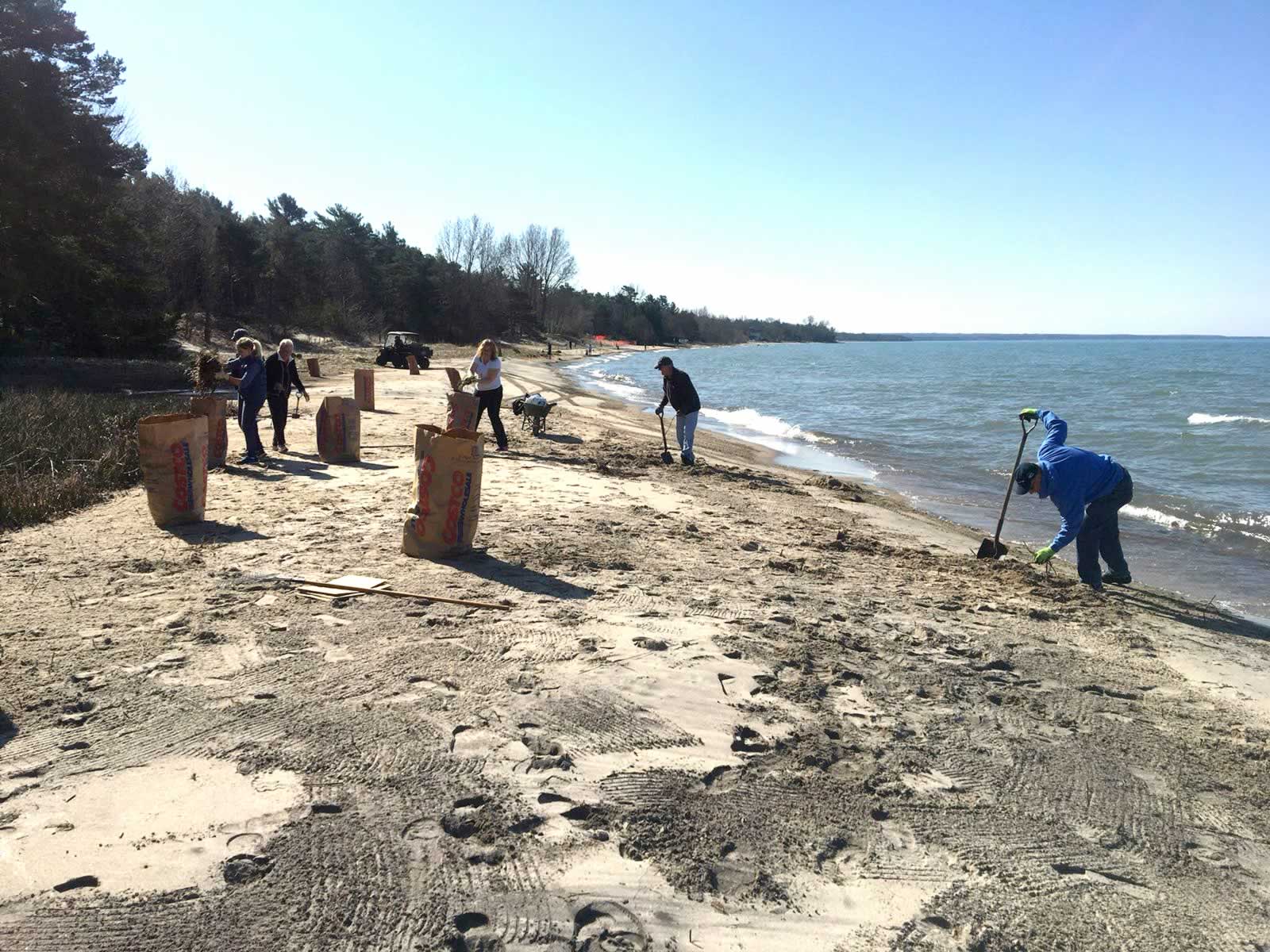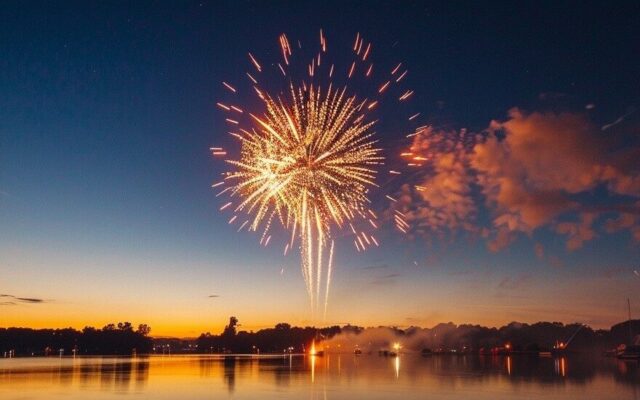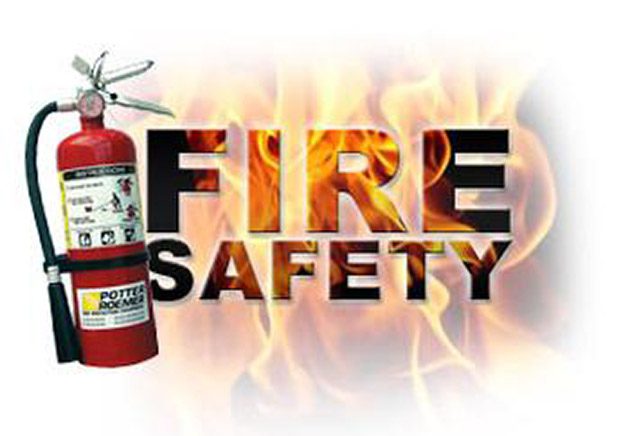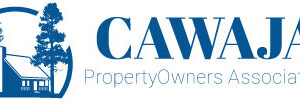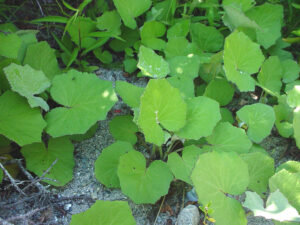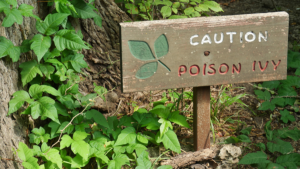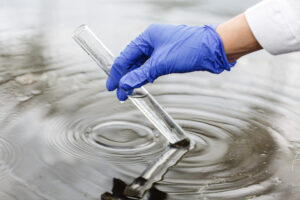About the
Cawaja Propertyowners Association
Advocating for Our Community
We proudly serve as the voice of Cawaja, representing the interests of property owners and fostering a keen sense of community.
Stewarding Our Environment
Committed to preserving the natural beauty of Cawaja Beach, we work to protect and enhance our unique environment for generations to come.
Sharing Vital Information
Stay informed with timely updates, resources, and insights that matter to our community and its residents.
Building Connections
We actively engage with residents to strengthen community bonds and create opportunities for collaboration and involvement.
Delivering Real Benefits
Our association ensures that members enjoy benefits and tangible value, enhancing life in Cawaja for everyone.

